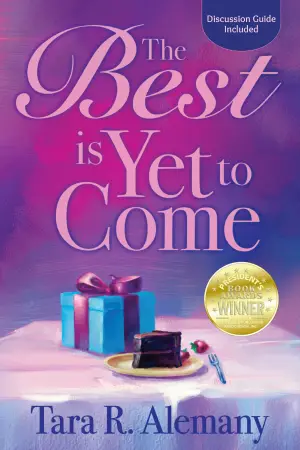I recently finished reading Eleanor Oliphant Is Completely Fine by Gail Honeyman, and I must say, it was nothing short of a revelation. I was drawn to this book after hearing about its intriguing premise—a story about an eccentric and regimented loner navigating the complexities of life and relationships. The idea of exploring themes like trauma and human connection through a unique lens sparked my interest, and I couldn’t resist picking it up.
The narrative follows Eleanor, whose life revolves around rigid routines and avoidance of social interactions. She fills her weekends with frozen pizzas and late-night phone calls to her overbearing mother, feeling “fine” until everything changes when she meets Raymond, the IT guy from her office. Their chance encounter, along with their act of kindness towards an elderly gentleman named Sammy, sparks a transformation in Eleanor’s life that unfolds beautifully throughout the story.
The writing in this book is exquisitely crafted. Honeyman has a remarkable ability to convey both humor and heartbreak in a way that feels authentic and relatable. Many readers, including myself, found Eleanor’s quirky personality both lovable and painfully real. I could empathize with her struggles, as she desperately seeks love and acceptance while grappling with the scars of her past. As one reviewer aptly put it, Eleanor is "starving for love," and watching her journey toward healing and self-acceptance was incredibly rewarding.
I also appreciated how the novel tackles significant issues such as trauma, mental health, and loneliness. The depth of Eleanor’s character is a testament to Honeyman’s skill in portraying complexity. Readers are immersed in her thoughts and feelings as she slowly opens her heart to the possibility of friendship and love. This theme resonates deeply in today’s world, often marked by isolation and disconnection.
However, it’s essential to note that the book’s pacing can feel slow at times. Some readers, like Virginia Scruggs, expressed that they weren’t entirely sure about the story’s direction until midway through. This aspect might not resonate with everyone, especially those who prefer a more action-driven narrative. It’s a quieter, character-driven story that requires patience, and at times, it felt just a tad sluggish for my taste.
Another potential drawback is the emotional weight of the subject matter. The story delves into heavy themes that may be triggering for some readers, and it’s a book that warrants being approached with a good mental health mindset. The richness of Eleanor’s experiences is beautifully conveyed, but it can be bittersweet, sometimes evoking tears alongside the laughter.
Despite these minor criticisms, I found Eleanor Oliphant Is Completely Fine to be a beautifully executed tale about the importance of friendship and human connection. The way Eleanor’s life unfolds after her chance encounter with Raymond truly encapsulated the idea that "the only way to survive is to open your heart." As I turned the last page, I realized how well Honeyman achieved this heartwarming message.
In conclusion, I wholeheartedly recommend this book to anyone who enjoys character-driven stories infused with both humor and emotional depth. It’s perfect for those who appreciate quirky, well-developed characters and journeys of self-discovery. Ultimately, Eleanor Oliphant Is Completely Fine is a touching exploration of life’s challenges and the healing power of friendship. This is one book I won’t soon forget, and I can’t help but wish for more of Eleanor’s adventures in the future. If you’re looking for a read that perfectly balances laughter and heartache, look no further; you just might find yourself falling in love with Eleanor, too.








